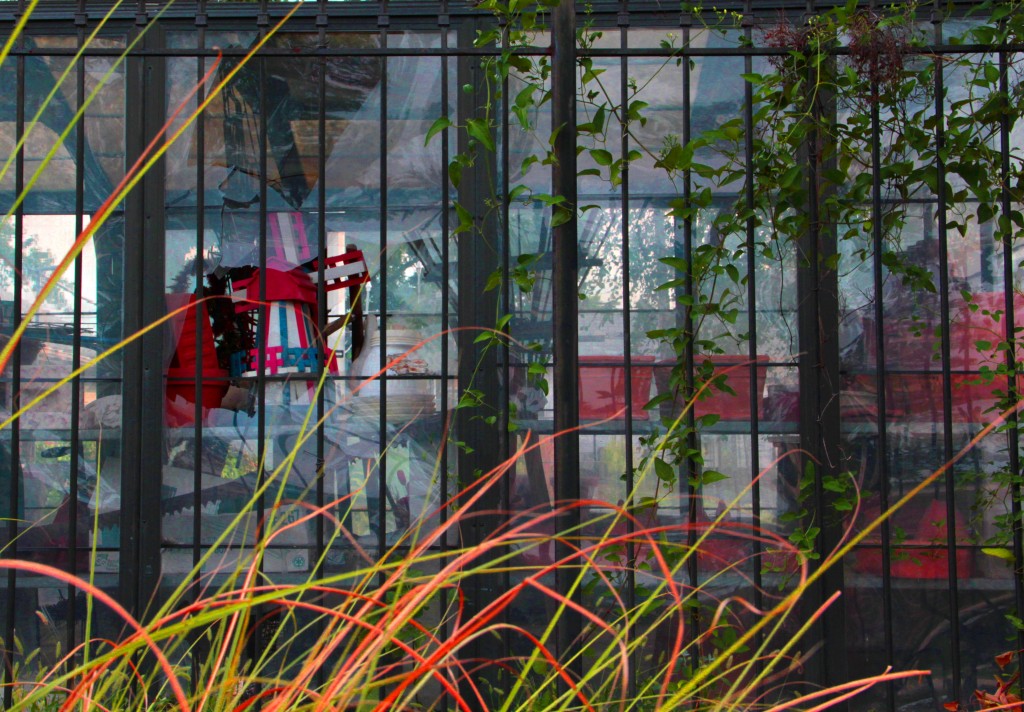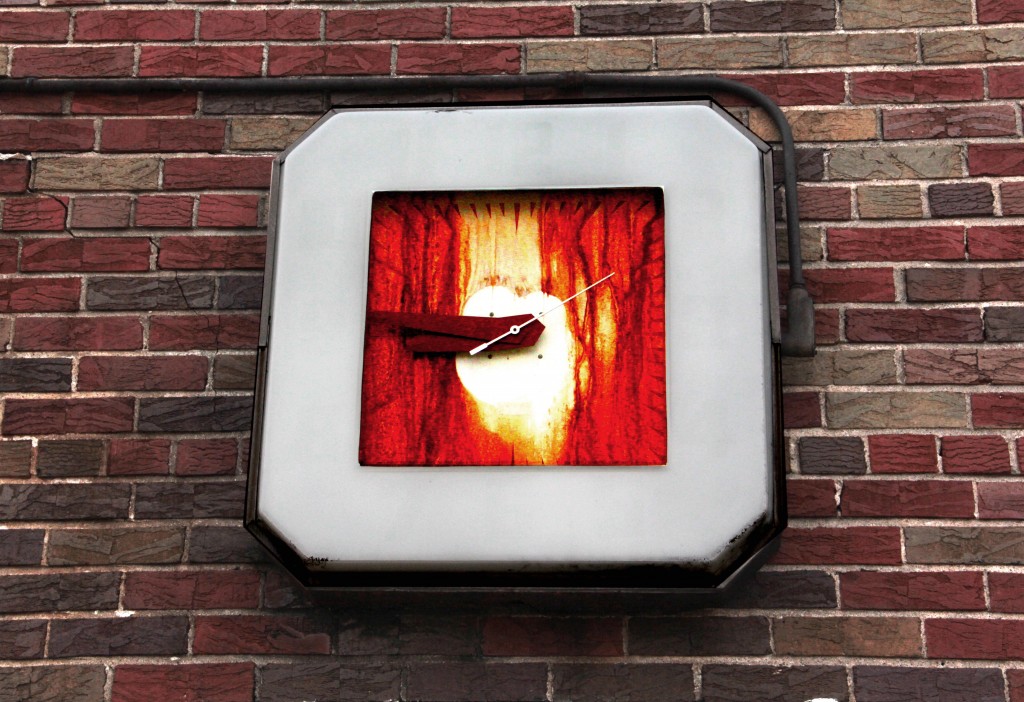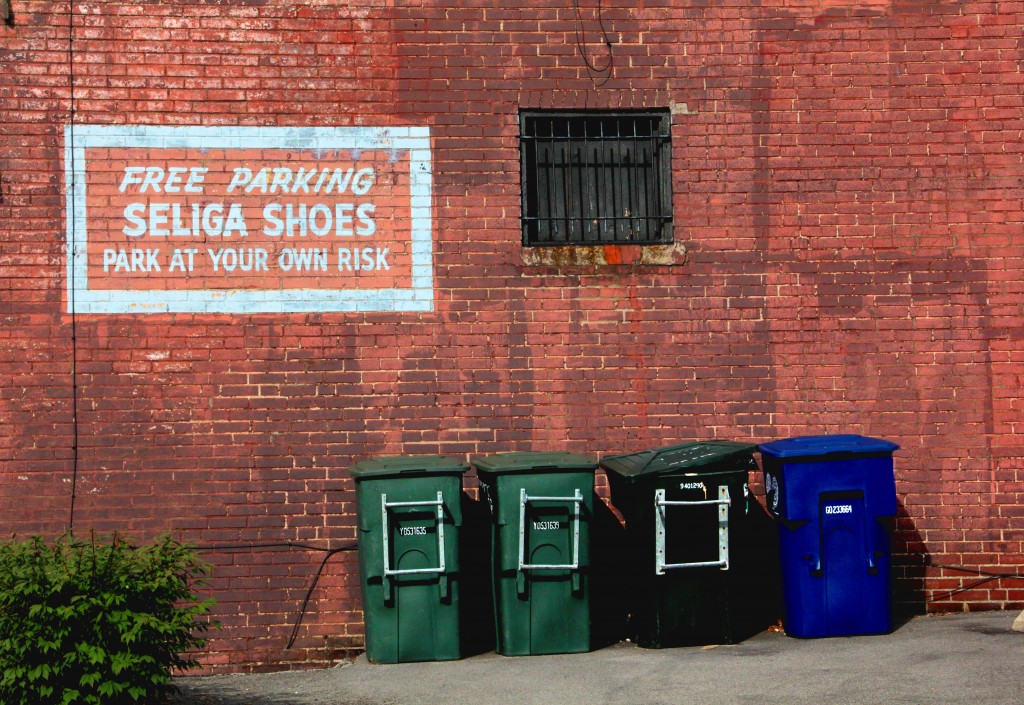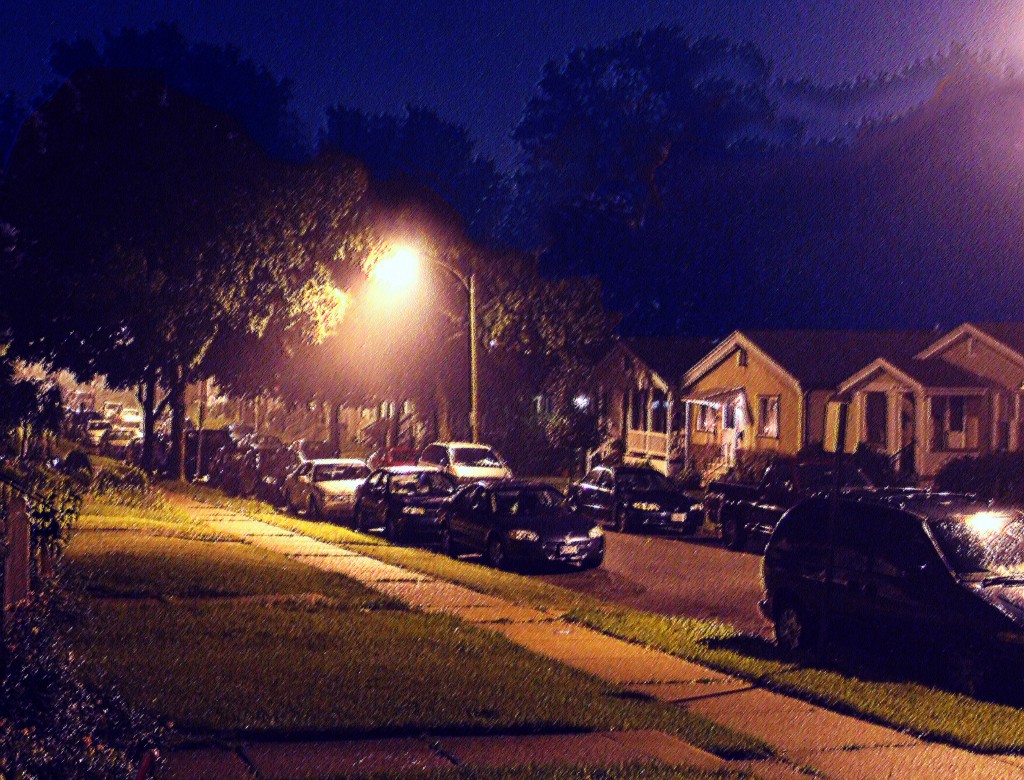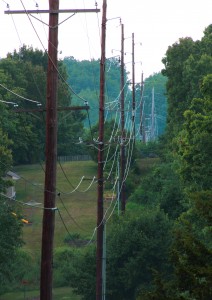The federal government is currently requiring Fannie May and Freddy Mac to sue their business partners—the banks—over the mess they’ve all made together. This is awkward, because while they do that they are also being required to cooperate to untangle the mess.
Presumably, when all this is done, what it basically means is the government will know who to fine. And at what level.
Which is basically bogus. This situation requires major surgery, months in full body traction, and possibly a mercy killing. All this move does is put another band-aid on it.
 They’re still worrying about the wrong people. Investment bankers, mortgage brokers, and such like are not the victims of the current debacle. Many of them, not all, are the perpetrators of it and once more we’re letting the government run around trying to fix their situation while ignoring the people who are really taking one up the ol’ backdoor, namely the Homeowner.
They’re still worrying about the wrong people. Investment bankers, mortgage brokers, and such like are not the victims of the current debacle. Many of them, not all, are the perpetrators of it and once more we’re letting the government run around trying to fix their situation while ignoring the people who are really taking one up the ol’ backdoor, namely the Homeowner.
Something began in the 80s that has done huge damage to the so-called American dream. We even had a dress rehearsal for the crash in 2008 back then with the Savings & Loan Crisis (remember that one? Charles Keating and others, including some peripheral involvement of the Bush clan. Anyway…) What began to happen was a systematic turnover of housing in a game of Bubble Bubble, Let’s Make A Bubble. In the heyday of the Yuppie (another old term—remember them? Young and Upwardly Mobile) it became the thing to do to buy a house, live in it for a while, do a little upgrading, then sell it at a higher price within a year or two and use that money to buy a better house in a nicer neighborhood and so one up the ladder until, from a relatively modest initial purchase, you find yourself in a six-figure house with a lot of extra cash from all your shrewd escalations. Banks loved it because the turn-over in loans looked good on their ledgers and the price of housing kept going up in these deals. This came hot on the heels, of course, of the late 70s rehab boom, so for a time the intrinsic value of the properties actually did go up.
But it became a game and the end result was to always inflate the price of the house so you could make a quick profit and lever your way into a “better” home. This had a couple of unintended consequences, one of which we know about because it’s all over the news, the other not so much because its impact was spread all over the place.
The banks got into this in a Big Way and as the Bubble grew they found they could sell their loan bundles into investment portfolios that were backed up by the increasing large mortgage payments. But there was a problem. By law, the side of the bank dealing in consumer home loans was kept separate from the side of the bank dealing in investment banking. A little law called the Glass-Steagall Act (1933) kept these two things from mingling.
The whole point of Glass-Steagall was to control speculation, which had created the huge bubble which burst in October of 1929 and brought on the Great Depression. Bankers and financiers have been trying to repeal the act ever since and they’ve whittled away at it over time. In 1980, the provision that allowed the Federal Reserve to regulate interest rates on savings accounts was repealed and the provision that prohibited a bank holding company to own other financial institutions was repealed in 1999 by the Gramm-Leach-Bliley Act. That opened the flood gates and it took less than ten years to sink the economy. Why we simply didn’t bring Glass-Steagall back in 2008 or 2009, I do not know.
(Yes, I do, I’m being facetious. The financial world still thinks they can build a perpetual motion machine if only regulation didn’t stand in their way, so they keep paying large sums of money to politicians to scuttle efforts to enact real regulation.)
Enough of the bubble has been based on housing that we are still fretting over what to do with all those mortgages that should never have been written.
 Which brings me to the part of this that doesn’t get a lot of press. All the people who have been put at jeopardy to lose their homes because the economy is in the tank. I’m not talking about people who had no business buying the houses they were in, but those who till 2008 were managing to pay their mortgages on time and could have continued to do so had the bubble not collapsed along with everything else. And that’s where the whole practice of flipping homes comes into range of my ire.
Which brings me to the part of this that doesn’t get a lot of press. All the people who have been put at jeopardy to lose their homes because the economy is in the tank. I’m not talking about people who had no business buying the houses they were in, but those who till 2008 were managing to pay their mortgages on time and could have continued to do so had the bubble not collapsed along with everything else. And that’s where the whole practice of flipping homes comes into range of my ire.
Consider: the cost of housing has risen far more than wages. It takes a much larger chunk of your income to pay your mortgage than it did in the 70s or the 60s, and I’m talking ratios now. Between 1950 and 1990, average Real income for a working class or middle class family has gone up by a factor of three. In that same period, the cost of a house has gone up by a factor of eight. All this because the phenomenon known as “gentrification” and the financial games played to support it, which has inflated the cost of housing to insane levels.
(Personal anecdote. The costs have continued to rise since the 90s, of course. The house that Donna and I bought in 1992 we could no longer afford today. It’s value has doubled, but our income has not. In fact, our income has been fairly stable over the last 20 years, which I actually think is the case for far more people than polls suggest.)
You want a home. You have no intention of playing this game, you just want a nice house in which to live and raise your family. The cost of that house has already been distorted because you neighbors—not all, but it only takes a few—have played this game long enough that the cost of living in a given neighborhood has gone up artificially. It’s not the intrinsic value of the bricks and frame and floors and appliances, but the balance sheet of mortgages and tax assessments that have done this, because a few people are parlaying housing into fat bank accounts. If it only affected the cost of the houses they were buying and selling, it would be different, the risk would all be on them, but that’s not how housing works. You don’t buy A House, you buy a neighborhood.
So the initial cost of that house is already high but you can handle it. However, your ability to handle it is based on a growing economy that can pay you a wage that will cover it. That economy is based on the continual inflation of property values PLUS the value of investment instruments you know nothing about and have very little to do with the physical property, only on the theoretical return on continued mortgage payments on housing sold at inflated prices.
When the bubble bursts, it immediately degrades the resale value of your house, which in current euphemism, puts you underwater. You now owe more on your house than you can sell it for.
Then the dominoes fall. Because investments take a hit, the stock market plummets, spending seizes up, banks stop issuing loans, the movement of currency slows to a crawl, and the company you work for contracts. You lose your job. Through absolutely no fault of your own, you are about to be foreclosed on because you can’t make the payments.
The economy is in crisis. The government steps in to save—
The Banks.
Foreclosures proceed apace, but the banks don’t have to worry about eating the bad loans because they’re receiving money from the government to keep them afloat. Of course, the whole point from the public’s standpoint to keep them afloat is so they will resume making loans so the economy will start growing again and you can get a new job.
But that doesn’t happen. The bailouts cover the losses of investors, not homeowners, who are pretty much screwed.
Why?
Here’s a thought. Let’s use the authority of the FHA and FHFA to direct the banks to write all those mortgages off. I mean it. Tomorrow, if you’re in a house and still owe on it, the day after, it’s yours.
Lunacy? The banks are drowning in unsalable housing right now. They are forced to foreclose because that’s what the rules say, but they can’t resell the properties. By the time they can, the cost on their ledgers will be enormous what with taxes and maintenance—unless they’re not maintaining them or paying taxes, which means local communities take a double hit in decaying housing and loss of tax revenue. By the time the economy turns around, the banks will have an impossible burden in vacant housing, which they will likely sell off in auctions for pennies on the dollar. It would make more sense to just write them off.
You then stay in your house. Without a mortgage, you can afford to take a lower paying job to meet the balance of your needs. More importantly, once your employed again, you can resume paying property taxes, which your local community can use to maintain streets, schools, etc. You lose your house, not only will you be a nontaxpaying homeless person, your credit is besmirched and you will have a very hard time getting another loan for another house, job or no job. The long term consequences of doing otherwise will cost us billions.
But we don’t consider long term. The banks will scream “but all those mortgage payments!” So what? Clean ledgers, the surviving banks can go back into making home loans to the next generation.
None of which will do any good if the same bubble is allowed to grow again.
We keep listening to the wrong people. Bankers at that level will never miss a meal. Homeowners, however, generally do not conduct their finances on that level. It is grossly unfair that responsible people should lose their homes because someone else has played a financial shell game with housing prices that has now put everyone at risk.
But the banks would go under? Some of them. New ones will spring up. I think we have made a huge mistake buying into the idea of Too Big To Fail. No such thing. Size shouldn’t automatically come with special protections against the consequences of greed.
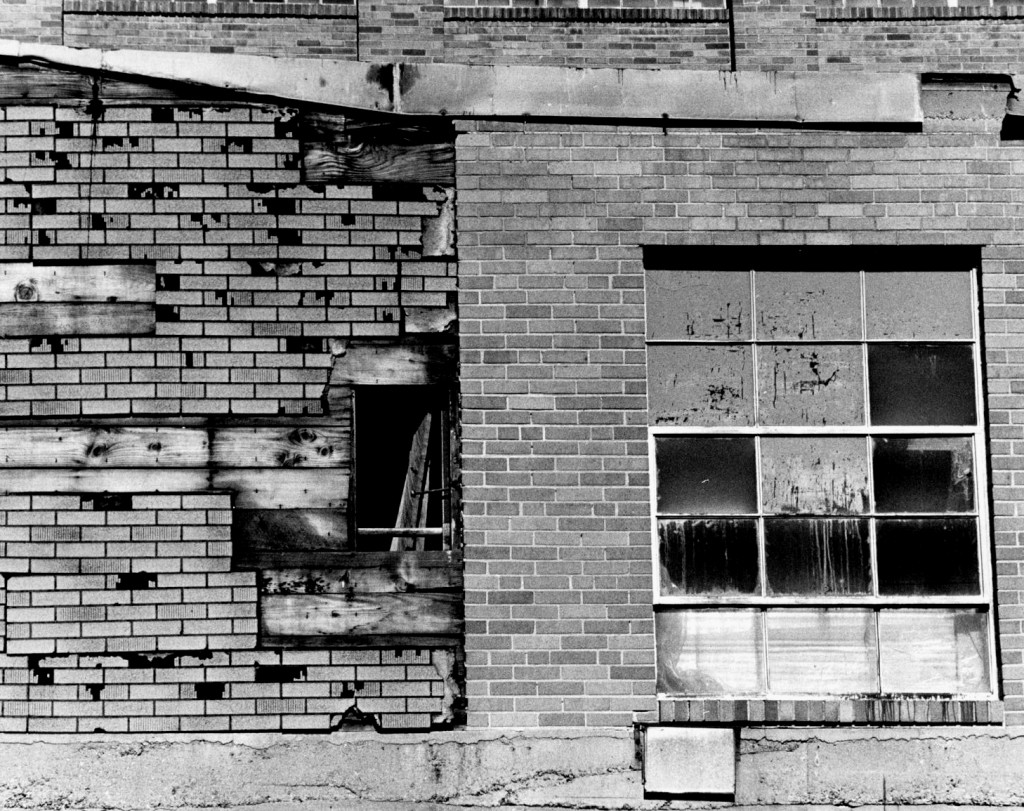
For once, I think private institutions ought to be bypassed. They broke it once (well, several times) and should not be trusted to fix it this time. When the savings and loan collapse occurred in the 80s, thousands of people lost their homes. A couple of financiers went to jail. Big deal. Maybe if the investors in those companies were made to take a hit, they would require more rational—and moral—management from their boards.
Not to worry. This won’t happen. Obama is proposing we find ways of allowing all those people underwater to refinance. Heaven forbid average people get a bailout from their government that might actually do the entire economy some good!





